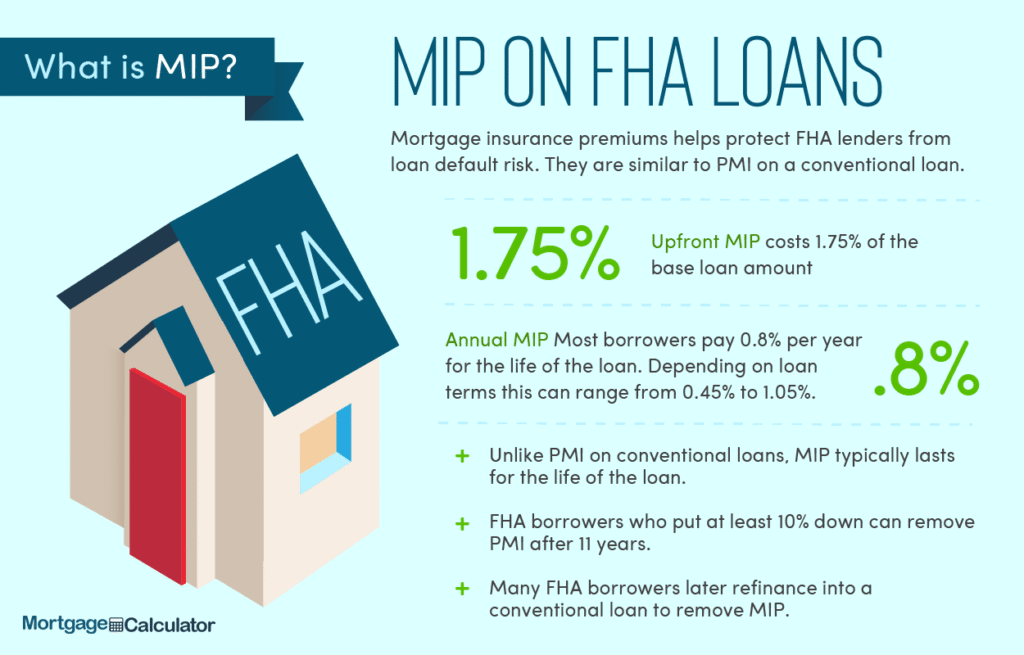In the world of financial planning, having a financial advisor is akin to having a navigator for your financial journey. Not only does it bring a wealth of experience and knowledge to your financial decisions, but it can also lead to substantial real-life benefits that touch various aspects of your financial well-being. From budgeting to retirement planning, a financial advisor can be the game-changer in achieving your financial goals.
Why You Need a Financial Advisor
Many people believe they can navigate the financial waters on their own. However, the complexity and ever-evolving nature of the financial world make it advantageous to have an expert by your side. A financial advisor can provide personalized advice tailored to your individual needs and goals, something that generic advice found online often lacks.

Objective Financial Guidance
The first major benefit of having a financial advisor is receiving objective, unbiased advice. Unlike product salespeople, financial advisors have a fiduciary duty to act in your best interest, providing a level of trust and security in your financial decisions.
Customized Financial Planning
A financial advisor takes into account your current financial situation, goals, and risk tolerance to craft a bespoke financial plan. This plan is not a one-size-fits-all but is instead specifically designed to meet your unique goals and circumstances.
Investment Strategy Development
With an adept understanding of the market dynamics, a financial advisor can help develop an investment strategy that aligns with your objectives, ensuring your portfolio is well diversified and positioned for growth.
Risk Management
Part of a financial advisor’s role is to help you understand and manage risk. By diversifying your investment portfolio and providing strategies to mitigate financial risks, they can protect your wealth in various market conditions.
Retirement Planning
Planning for retirement is one of the most significant aspects of financial planning. A financial advisor can help you calculate how much you need to save, the best retirement accounts for your situation, and tax-saving strategies to maximize your retirement savings.
Tax Planning
Understanding the complexities of tax law can be daunting. With a financial advisor, you can navigate the tax landscape more efficiently, ensuring you’re taking advantage of tax-saving opportunities and compliant with current laws.
Estate Planning
Ensuring your estate is in order is another crucial aspect where a financial advisor can add value. They can help structure your estate to minimize taxes and ensure your assets are distributed according to your wishes.
Debt Management
Debt can be a significant hurdle in achieving your financial goals. A financial advisor can offer strategies to manage or consolidate debt, improving your financial health and credit score over time.
Enhanced Financial Confidence
Having a trusted advisor can boost your confidence in making financial decisions, knowing that you have an expert evaluating the pros and cons with your best interest in mind.
Time and Stress Savings
Managing your finances can be time-consuming and stressful. A financial advisor can take this burden off your shoulders, allowing you to focus on other aspects of your life.
Better Financial Outcomes
Statistics and studies show that individuals who work with financial advisors tend to have better financial outcomes, both in terms of wealth accumulation and achieving financial peace of mind.
Access to Industry Expertise
Financial advisors bring a level of expertise and access to financial tools and products that the average person does not have, providing a significant advantage in managing your finances.
Long-term Partnership
Building a long-term relationship with a financial advisor means they become deeply familiar with your financial situation, allowing for more effective advice and adjustments as your financial situation evolves.
Peace of Mind
Ultimately, the greatest benefit of having a financial advisor may be the peace of mind that comes with knowing your financial future is in capable hands.

Conclusion
The decision to work with a financial advisor is a deeply personal one, but the benefits are clear and can have a profound impact on your financial health and future. From customized planning and investment strategy to estate and tax planning, the value a financial advisor brings to the table can be the pivotal factor in achieving your financial goals.
Frequently Asked Questions
Is it worth paying for a financial advisor? Yes, for many people, the benefits and improvements in their financial situation more than justify the cost of a financial advisor.
How often should I meet with my financial advisor? It varies, but typically, meeting annually or semi-annually is sufficient to review and adjust your financial plan as needed.
Can a financial advisor help with debt management? Absolutely. Advisors can provide strategies for managing and consolidating debt, improving your overall financial situation.
What should I look for in a financial advisor? Look for credentials, a fiduciary commitment, compatibility with your goals and values, and transparency in fees.
How does a financial advisor get paid? Financial advisors can be paid through fees (flat fees, hourly rates, or a percentage of assets under management), commissions on products sold, or a combination of both.


